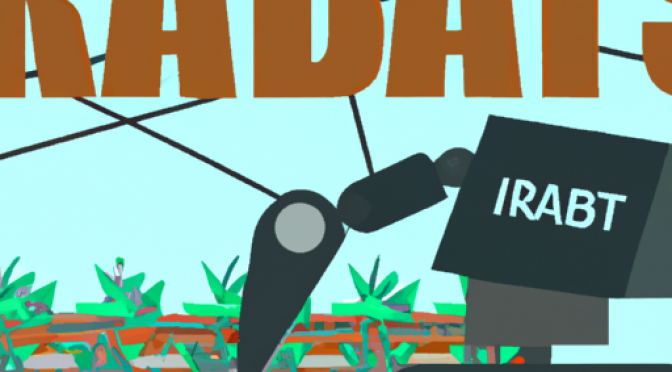What are the challenges of integrating robotic technology into traditional farming practices?
The development of robot technology has a significant impact on the agricultural industry. Integrating robotic technology into traditional agricultural practices poses a number of challenges that need to be overcome in order to successfully implement the technology.
1. Automation and robotisation
The integration of robotic technology into agricultural practices will lead to an increased demand for automation and robotisation. Automation allows for the automatic execution of work processes, while robotisation refers to the use of robots in agricultural activities. However, the agriculture/">introduction of automation and robotisation brings with it an increase in investment costs and a reduction in labour requirements.
2. Technological developments
The integration of robot technology into agricultural practices requires new technological developments. Robots must be able to navigate in the agricultural environment, recognise crops and carry out operations. They must also be resistant to weather conditions and different soil conditions. These technological developments require significant research and development efforts.
3. Data collection and analysis
The integration of robotic technology into agricultural practices allows data collection and analysis to optimise production processes. Robots can collect data on crop conditions, soil quality and other important parameters. However, the amount and variety of data can be a challenge for data analysis. Developing appropriate data collection and data analysis methods is essential for the effective application of robotic technology in agricultural practices.
4. Legal and ethical issues
The integration of robotic technology into agricultural practices raises legal and ethical issues. The use of robots in agriculture may require a new regulatory framework that defines the operation and responsibilities of robots. Ethical issues are also important, such as the impact of robots on animals and the environment. Addressing these legal and ethical issues is essential for the successful integration of robot technology into agricultural practices.
Integrating robotic technology into traditional agricultural practices poses a number of challenges. Automation and robotisation, technological improvements, data collection and analysis, as well as legal and ethical issues are all important aspects that need to be taken into account for successful implementation. However, the potential of robotic technology offers huge opportunities for the agricultural industry, such as increasing efficiency and promoting sustainability.
∑: technology, agricultural, practices, robotic, robots, automation, robotisation, integration, analysis
